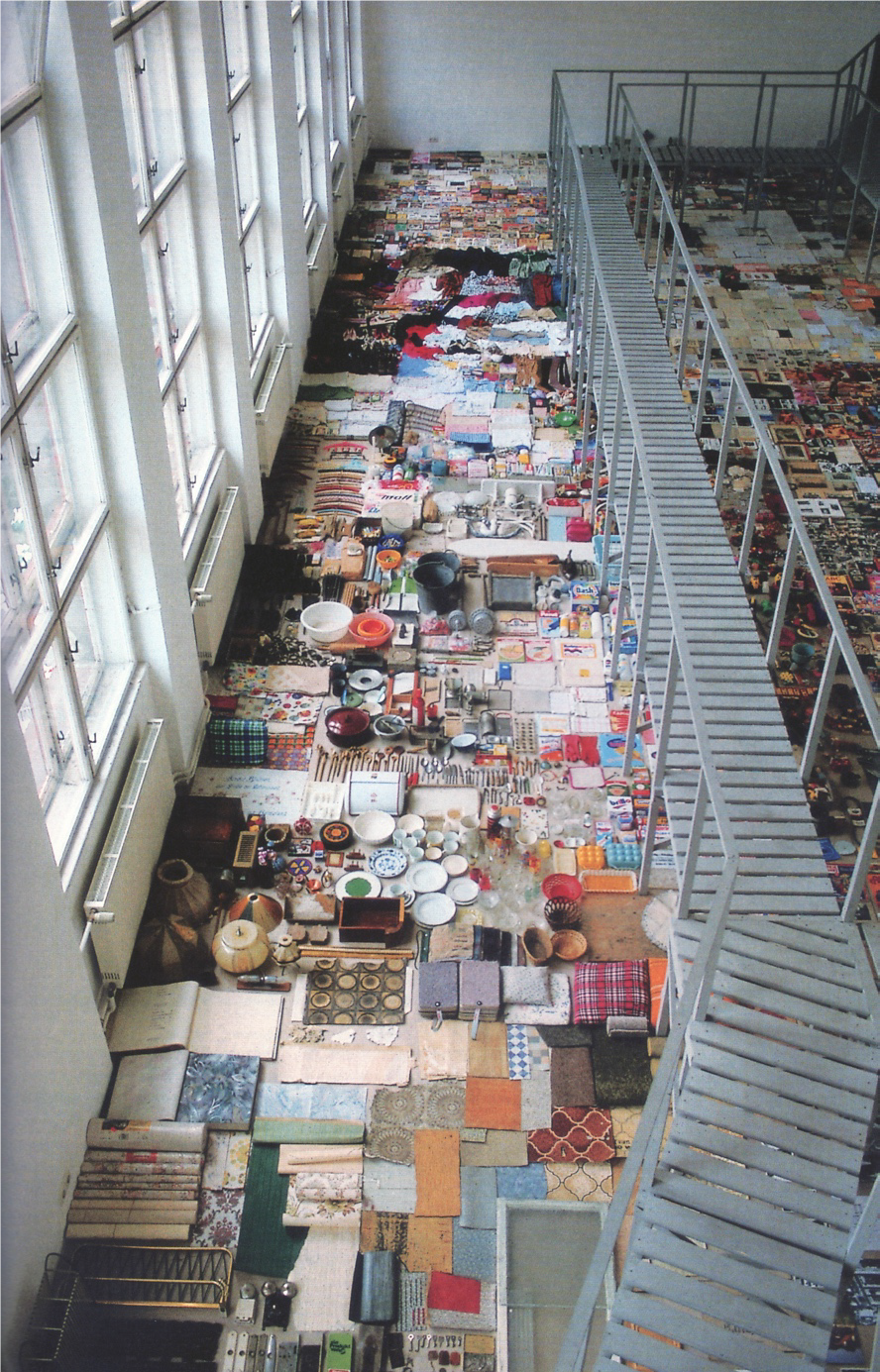STUFF

Karsten Bott, One of Each
ARC3020Y F
Instructor: Laura Miller
Meeting Section: L9103
Synchronous
Tuesdays, 9:00am - 1:00pm, 2:00pm - 6:00pm



Karsten Bott, One of Each
ARC3020Y F
Instructor: Laura Miller
Meeting Section: L9103
Synchronous
Tuesdays, 9:00am - 1:00pm, 2:00pm - 6:00pm